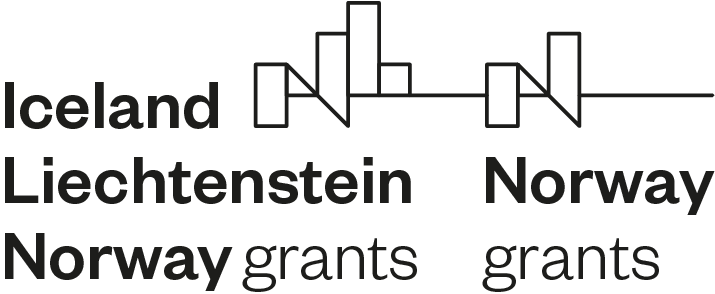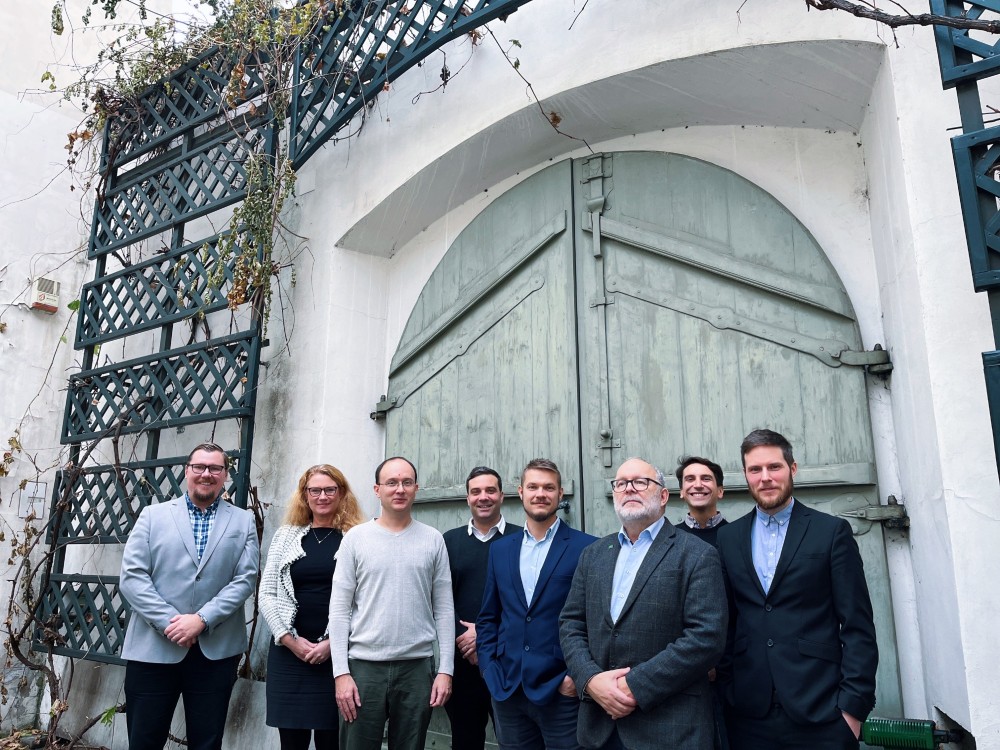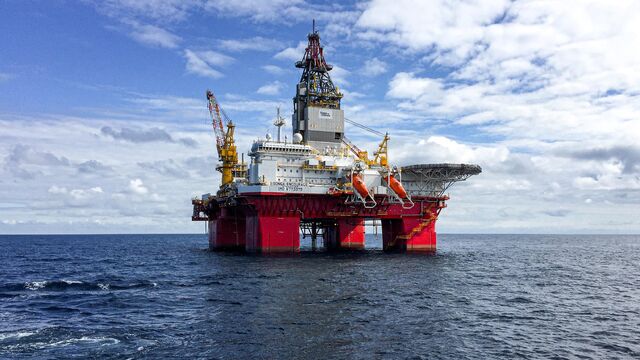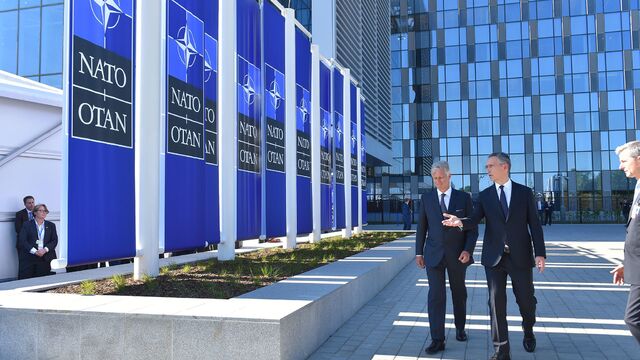Czech and Norwegian Perspectives on New Security Threats in relation to Russian War on Ukraine
The Russian invasion of Ukraine has transformed the European security and the perception of security threats across the continent. While the renewed emphasis on the military dimension of the Russian threat and the resulting promises of increased military spending have been highlighted by many analysts, this project seeks to explore the non-military aspect of the challenges posed by the Russian war.
Czech and Norwegian Perspectives on New Security Threats
The project Czech and Norwegian Perspectives on New Security Threats in relation to Russian War on Ukraine aims to investigate the experiences and perspectives of these two middle-sized European states and members of NATO that are impacted by the Russian aggression in both common and diverging ways. The project covers three areas that highlight the effects of the ongoing war on politics, the economy and society – energy security, redefinition of societal vulnerabilities and resilience and, finally, the looming food crisis in the southern European neighbourhood and Europe more largely.
First, rising energy prices and dependence on Russian gas are the energy security-related issues that are currently at the top of the political agenda list, and they introduce many important questions for the Czech and Norwegian public and expert debates. We seek to understand who the key stakeholders in these debates are, how questions about energy security are framed, and how policy measures that are proposed as joint European actions should be implemented.
Second, the war in Ukraine has made some societal threats more visible and led to the redefinition of others. The project seeks to understand how each state comprehends the distinct vulnerabilities, sources of resilience and policies aimed at strengthening it. Comparing and contrasting Czech and Norwegian experiences and policies, the project will bring together previously disconnected debates on these issues, while stressing existing commonalities in understanding vulnerability and resilience.
Third, the project will look at the effects of the Russian war in the southern neighbourhood. Both the Norwegian and the Czech government emphasize the importance of stability, respect for human rights and economic development in the MENA region and aim to contribute to these aspects through a range of different tools and policies.
This project builds on the MoU between NUPI and the IIR in relation to their common projects and activities, which was signed in September 2018 and supported by the Norwegian embassy in Prague. Furthermore, it develops previous cooperation established within the framework of the COMFEAR project.
- Provider: EEA and Norway Grants / Fondy EHP a Norska (MFCR)
- Project name: Czech and Norwegian Perspectives on New Security Threats in relation to Russian War on Ukraine
- Registration number: EHP-BFNU-OVNKM-4-194-01-2022
- Investigator:The Institute of International Relations Prague (IIR)
- Co-investigator: Norwegian Institute of International Affairs (NUPI)
- Research team (IIR): Lukáš Tichý, Jan Mazač, Jan Daniel, Clément Steuer, Martin Laryš
- Implementation period: 29. 8. 2022 - 30. 6. 2023






